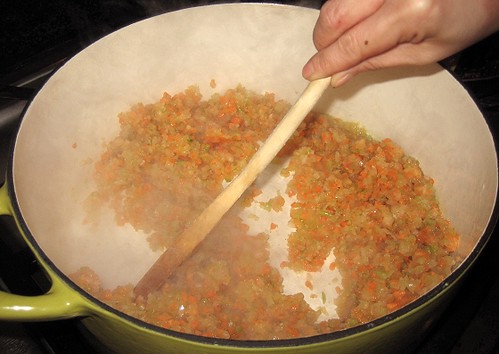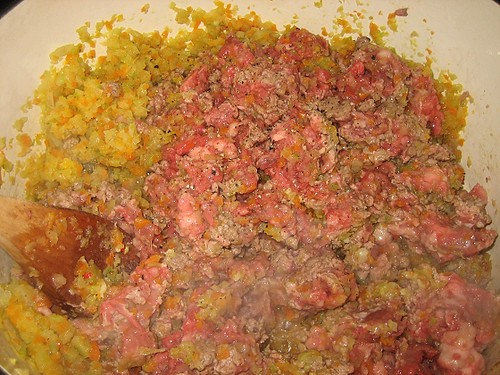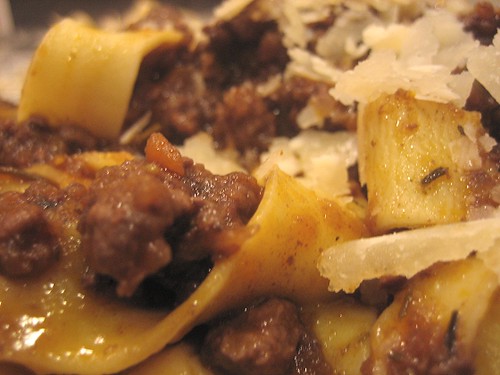Chicken adobo is the dish.
One dish to rule us all.

This is the only Filipino dish that usually makes cookbooks. Bittman's Best Recipes in the World
At home, we have chicken adobo quite often. If I were to hazard a number, I would say it's about twice a month. It used to be more frequent (think once a week), but we've cut down on the number drastically since last year. I actually find myself not wanting chicken adobo as I age: there's something about the stewed chicken pieces sitting in liquid, skin all loose and straggly, that does not appeal to me. Then there is the problem of overcooking, which is quite prevalent in our house. Overcooked chicken in semi-dishabille: just not very appetizing for me.
[ts]
The problem for me is that our mother actually cooks what we've come to known as "Chinese adobo". In other words, it's not real adobo at all! This "Chinese" version omits the vinegar. Hence, I would always have to request the "sour" adobo if I wanted to get actual Philippine adobo. (I don't know if "Chinese adobo" exists in other households.)
[js]
Now, I am not saying all chicken adobos are like the chicken adobos we have in our house. Probably, those that are out there in other kitchens and in other houses are better than what we've had in the past. I do not want to be accused of shooting down the Philippines' national dish. I happen to like the flavour combinations in a chicken adobo: salty, sour, garlicky, peppery, with a hint of bay.
I've read of other chicken adobos that are stewed first then fried to a crisp. This, I thought, is a good solution to the lewd dishabille that our chicken find themselves in in our pot. I want to try this "radical" idea in our house, in the hopes that it will rekindle my love for chicken adobo.
Having eaten a lot of chicken adobo in my childhood does not mean that I actually know how to cook chicken adobo. I asked around and searched for recipes for chicken adobo. I came across Romy Dorotan's recipe for the dish. Romy Dorotan is the chef-owner of Cendrillon and I saw him appear on Martha Stewart a long time ago. He and his wife have a book out called Memories of Philippine Kitchens
His recipe for adobo is a little different from our household recipe, since we've never added coconut milk to our adobo ever. I don't know if adding coconut milk is traditional in chicken adobo or whether it's a variation that Mr. Dorotan came up with to mellow and round out the flavours, specifically the astringency of the vinegar.
His recipe it is.
His recipe calls for
1 1/2 cups of rice or sugar cane vinegar
1/4 cup of soy sauce
12 cloves of garlic
1 cup of coconut milk
3 bay leaves
1/2 tablespoon crushed black peppercorns
3 bird's eye chilis
I used coconut vinegar since we didn't have sugar cane vinegar in the house. I made a point of buying a Marca Pina brand of soy sauce to use for this dish, instead of the Kikkoman we use as our house brand. I approximated the garlic, peppercorns, and the bay, but I'm pretty sure I stayed fairly close to his measurements. ;)

I made the marinade for the chicken and put the chicken pieces in the marinade. His recipe said to marinate it for 2 hours, but I don't see how the dish would not be helped by a marinade overnight. (That's another topic altogether, best saved for another time.)

The whole thing (chicken and marinade) then goes into a pot and cooks for about 20-25 minutes, boiling then simmering gently. Since I knew I was either going to put them in the oven to dry-cook further, I wasn't too concerned about the time. 20 minutes is sufficient to cook a small chicken cut up into parts.
When I checked on the chicken after 25 minutes, I was afraid, because there it is again, chicken with loose skin all straggly. It really, really did not look very appetizing at all. We spared you the sight.
I had to leave at this point and since TS was already firing up the grill, we thought it would be a good idea to finish the chicken pieces off via the grill.
 Raining.
Raining.We always have good timing when it comes to firing up the grill.
[ts]
The chicken pieces were grilled just until they had that charred flavor.
[js]
I strained the sauce and skimmed off some of the fat to make it look more presentable. (Again, the chicken in the pool of its own fat doesn't do much for my appetite.)


[js]
Can I just say how much I love this dish? This chicken adobo hits the spot. This was so delicious that we'll be making our chicken adobo this way from now on (marinade, wet-cook, dry-cook). This chicken adobo can use more garlic and more heat (my personal preference), but overall, it is good as it is. This is now my preferred style of chicken adobo.

[ts]
And please, no messing about. This has to be eaten with white rice. Rice + Chicken + Sauce is the way it should be.
***A simpler way: Roast Chicken Adobo
eatingclub vancouver adobo posts:
Chicken Adobo
Pork Belly, Two Ways
Adobo Kangkong (Adobo Water Spinach)
Adobo Mushroom Tart
"Chinese Adobo" Clams and Oysters
Chicken Adobo in Coconut Milk (Adobo sa Gata)
Coconut Adobo Halibut Tails (Adobo sa Gata)
Roast Chicken Adobo
Brown-braised Pig's Feet
Adobong Baka (Philippine Beef Adobo)
eatingclub vancouver Filipino food
Bibingka
Mama's Ampalaya (Bitter Melon)
Faux Kamote-Que
Philippine-Style Chicken "BBQ"
Fried Hasa Hasa (Mackerel)
"Savory" Chicken Wings
Sinamak (Chile-infused Vinegar)
Pan-roasted Halibut w/ Fava Beans, Potato-Onion Cakes & Bagoong Butter Sauce
Bulalo & Bangus: an even simpler Filipino meal
Baked Tahong (Mussels)
Adobo Kangkong (Adobo Water Spinach)
Oyster Torta (Oyster Omelette)
Chicken Tinola (Chicken Soup w/ Green Papaya & Pepper Leaves)
(Chinese) Roast Pork Belly / Lechon
Tilapia wrapped in Banana Leaves
Pork Belly, Two Ways
Chicken Adobo
Embutido
Salabat (Ginger Tea)
Lechon Manok (Philippine Roast Chicken) & Lechon Sauce
"Chinese Adobo" Clams and Oysters
Bistek (Citrus Beef with Caramelized Onions)
Beef Kaldereta (Beef Stew with Bell Peppers)
Atsara (Green Papaya Pickle)
Sardinas na Bangus (Milkfish in the style of Sardines) and Pressure Cooker Fear
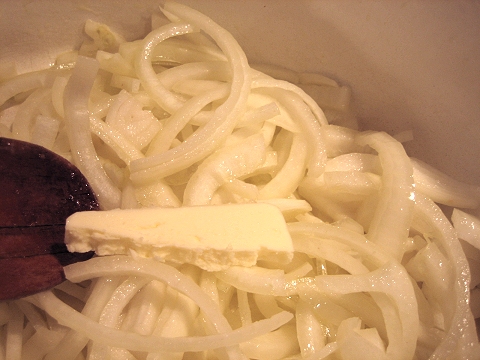





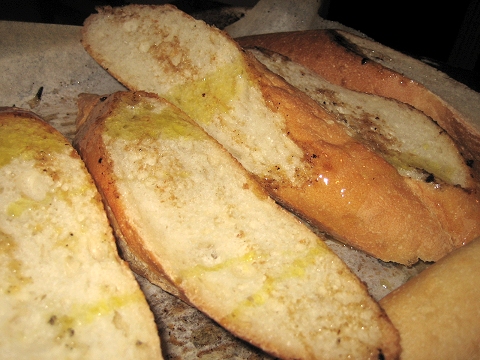
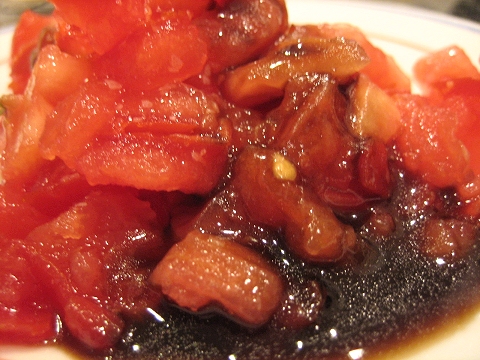
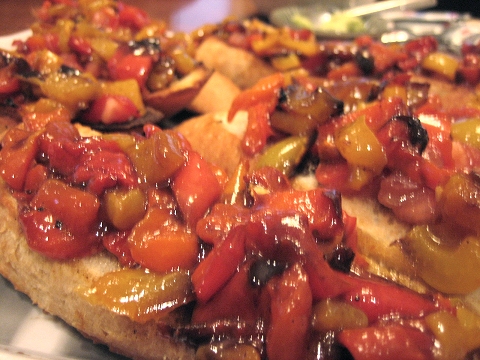

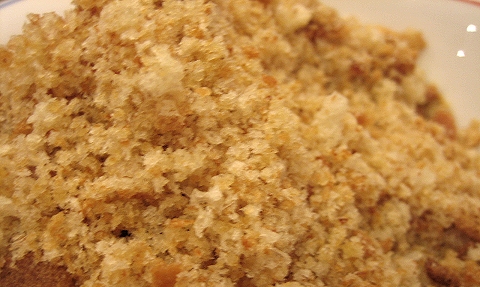
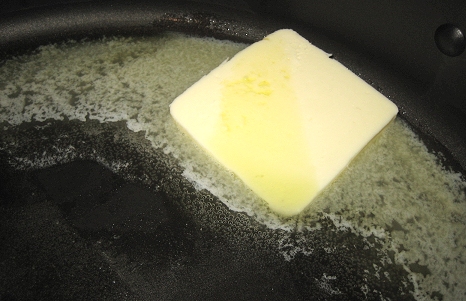

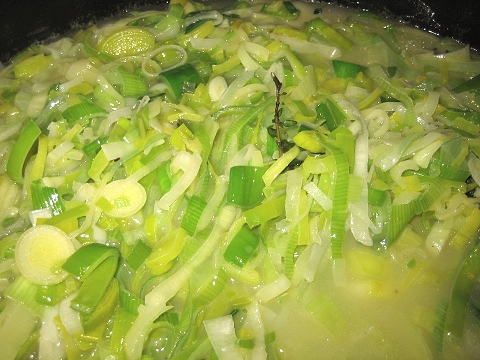

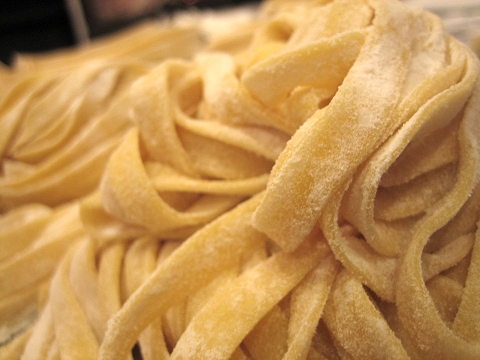
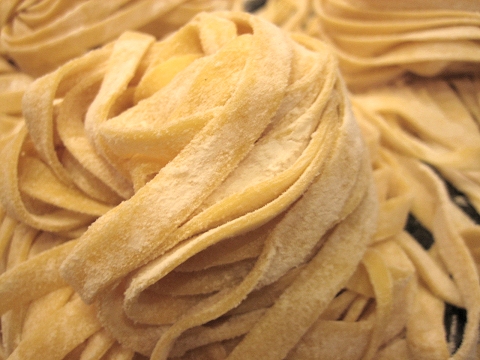

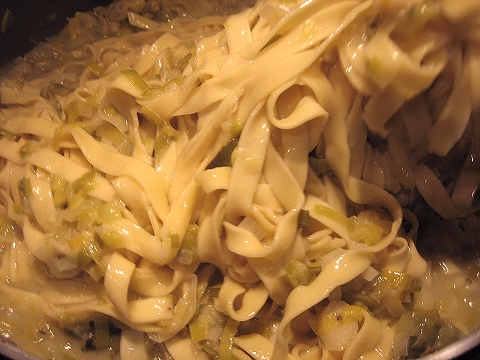



 [js]
[js]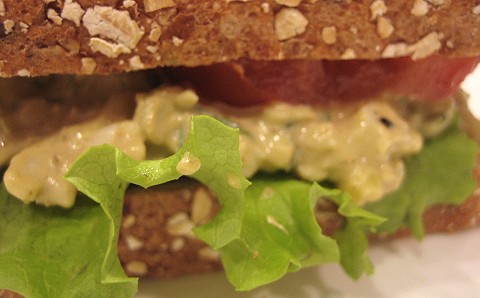
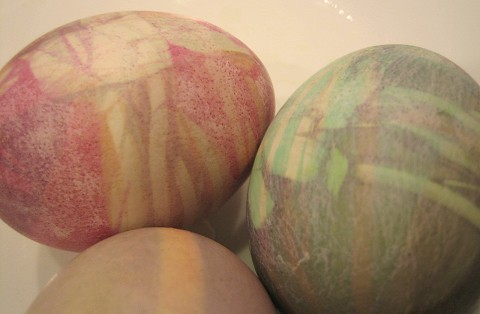

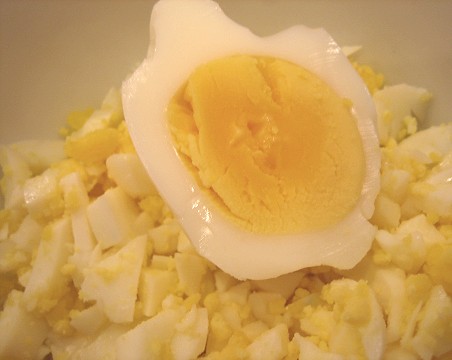
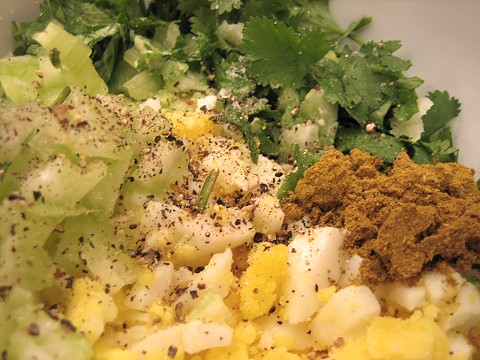
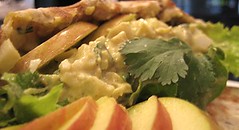 I had mine in an Olafsen flaxseed "breakfast pita". The egg salad really went nicely with this, a favorite "bread" of mine. It's not really very pita-y in look and taste, as it's more pillowy, and it has the slightest hint of sweetness. (Available at Costco.) I ate the lot with some sliced apples.
I had mine in an Olafsen flaxseed "breakfast pita". The egg salad really went nicely with this, a favorite "bread" of mine. It's not really very pita-y in look and taste, as it's more pillowy, and it has the slightest hint of sweetness. (Available at Costco.) I ate the lot with some sliced apples.

